135 posts
Latest Posts by hairfillofsecrets - Page 2



someplace like montana by Ada Limón




Prints in store








Lil skk thing
![[CODE 1]](https://64.media.tumblr.com/457245ae6fe9a46117320adbebc9515f/80f373bf5d5dc963-ae/s500x750/c292120d57a59fa7165091af091ae0383491a085.png)
![[CODE 1]](https://64.media.tumblr.com/6008a5d0fa26efcede08a1a7809f2c21/80f373bf5d5dc963-cd/s500x750/6e798f36c8d4067fb2503829e2c335ba1eb800e7.png)
![[CODE 1]](https://64.media.tumblr.com/cf07568360b993ffe4fce1f0febfad94/80f373bf5d5dc963-29/s500x750/531feadfd7edf85d56c13c4cb5efe9726b2a2175.png)
![[CODE 1]](https://64.media.tumblr.com/587c34f0a49cc0b83cce8a4c586fcf6d/80f373bf5d5dc963-8f/s500x750/88440e893c716322b7d5da55486b84756c545232.png)
![[CODE 1]](https://64.media.tumblr.com/c0d433ac693a1df9eb1661ae68e20f64/80f373bf5d5dc963-0b/s500x750/0de1993c7f4266ce37c1772601f00e4fc1ad5ec5.png)
![[CODE 1]](https://64.media.tumblr.com/b60509c5a99eb7b289d4e0feddc574c5/80f373bf5d5dc963-b3/s500x750/583a781660581fda97d6d7a345931eb189fc61c4.png)
![[CODE 1]](https://64.media.tumblr.com/01a9b377d9e29035128f290b26efa23d/80f373bf5d5dc963-df/s500x750/6320b64213e7ffe039f0d197d5e8e7aad5226f5c.png)
![[CODE 1]](https://64.media.tumblr.com/475a7e6764bb28c1af31e4a84044abd4/80f373bf5d5dc963-69/s500x750/fefeb20ca9489dcf78b0143bf34d3ee56e93bd0a.png)
![[CODE 1]](https://64.media.tumblr.com/fab98c9e2576d0494409fe89ec812d57/80f373bf5d5dc963-06/s500x750/687782621a603c4e7e1d4340677d40f0653f5da4.png)
[CODE 1]

bon apetit atsushi


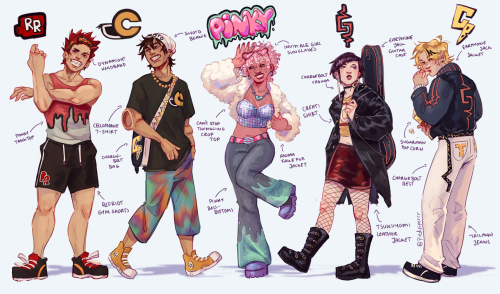
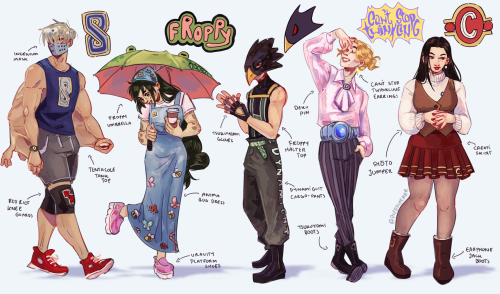
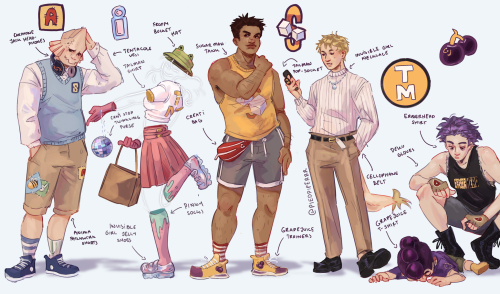
Thee kiddos




Seiichi Hayashi
not sure if anyone is interested in this but here is a list of the most joyfully vital poems I know :)
You're the Top by Ellen Bass
Grand Fugue by Peter E. Murphy
Our Beautiful Life When It's Filled with Shrieks by Christopher Citro
Everything Is Waiting For You by David Whyte
Lawrence Ferlinghetti Is Alive! by Emily Sernaker
Instructions for Assembling the Miracle by Peter Cooley
Barton Springs by Tony Hoagland
Footnote to Howl by Allen Ginsberg
Song of the Open Road by Walt Whitman
Tomorrow, No, Tomorrower by Bradley Trumpfheller
At Last the New Arriving by Gabrielle Calvocoressi
To a Self-Proclaimed Manic Depressive Ex-Stripper Poet, After a Reading by Jeannine Hall Gailey
In the Presence of Absence by Richard Widerkehr
Chillary Clinton Said 'We Have to Bring Them to Heal' by Cortney Lamar Charleston
Midsummer by Charles Simic
Today by Frank O'Hara
Naturally by Stephen Dunn
Life is Slightly Different Than You Think It Is by Arthur Vogelsang
Ode to My Husband, Who Brings the Music by Zeina Hashem Beck
The Imaginal Stage by D.A. Powell
Lucky Life by Gerald Stern
Beginner's Lesson by Malcolm Alexander
Presidential Poetry Briefing by Albert Haley
A Poem for Uncertainties by Mark Terrill
On Coming Home by Lisa Summe
G-9 by Tim Dlugos
Five Haiku by Billy Collins
The Fates by David Kirby
Upon Receiving My Inheritance by William Fargason
Variation on a Theme by W. S. Merwin
Easy as Falling Down Stairs by Dean Young
Psalm 150 by Jericho Brown
Pantoum for Sabbouha by Zeina Hashem Beck
ASMR by Corey Van Landingham
A Welcome by Joanna Klink
From Blossoms by Li-Young Lee
At Church, I Tell My Mom She’s Singing Off-Key and She Says, by Michael Frazier


–Richard Siken, "Cover Story"








Additionally, readers began to ask me if the poems were “true,” by which they meant, “Did they really happen?” which seemed both beside the point and also intrusive. I realized that if they thought poems were biographically accurate, then they could walk away, knowing I was just a sad little man.
The Doubling of Self: An Interview with Richard Siken



right person, wrong time
an old drunk man told me to enjoy my life and have fun because I’m only 24 and I have so many years and so much life ahead of me and then he went “and you know what? in ten years when you’re 34 you’ll still be young and have your whole life ahead of you” and it was really comforting to me







for his own good


summer solstice by Stacie Cassarino

fatima aamer bilal, from we were put on this earth desperate, hungry and willing.
[text id: you get nervous when someone holds your hand, you wonder if they can feel the rot.]












i beg you to love me, say that i'm enough, but you tell me— why are you like this? i think there's something wrong with you.
for @shestrying
thanks to @acelania for finding the unknowns!
in image / desperation sits heavy on my tongue, tumblr user tullipsink / mary oliver, ‘north country’ / virginia woolf, letter to violet dickinson / in image / blythe baird, from if my body could speak / Alice in Bed: A Play' by Susan Sontag (link in comment) / lynee rae perkins, criss cross / elena ferrante, Those Who Leave and Those Who Stay' (trans. Ann Goldstein) / rainer maria rilke, from rilke’s book of hours / in image/ in image











All roads lead back to your middle school gymnasium
Fiona Apple/Shauna Niequist/Episode 7, I Am In Eskew/Tim Walker for Vogue Italia/ @mango-season /The Last Scene in the Movie, Eleanor Hsieh ( @wh0rism )/Saint Bernard, Lincoln/Working for the Knife, Mitski/Virginia Woolf/Ocean Vuong










on shame and yearning (pt.2)





incorrect sab subtitles part (?/?)





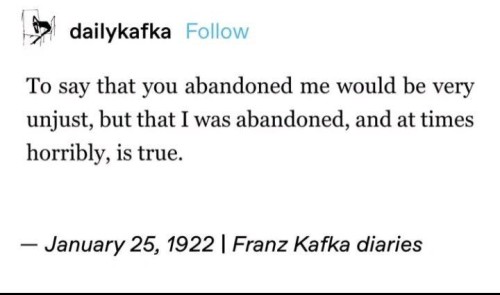


i can turn you into poetry but i cannot make you love me.
(creds will be added in a hot sec! my bad y'all ;p)
In writing, epithets ("the taller man"/"the blonde"/etc) are inherently dehumanizing, in that they remove a character's name and identity, and instead focus on this other quality.
Which can be an extremely effective device within narration!
They can work very well for characters whose names the narrator doesn't know yet (especially to differentiate between two or more). How specific the epithet is can signal to the reader how important the character is going to be later on, and whether they should dedicate bandwidth to remembering them for later ("the bearded man" is much less likely to show up again than "the man with the angel tattoo")
They can indicate when characters stop being as an individual and instead embody their Role, like a detective choosing to think of their lover simply as The Thief when arresting them, or a royal character being referred to as The Queen when she's acting on behalf of the state
They can reveal the narrator's biases by repeatedly drawing attention to a particular quality that singles them out in the narrator's mind
But these only work if the epithet used is how the narrator primarily identifies that character. Which is why it's so jarring to see a lot of common epithets in intimate moments-- because it conveys that the main character is primarily thinking of their lover/best friend/etc in terms of their height or age or hair color.

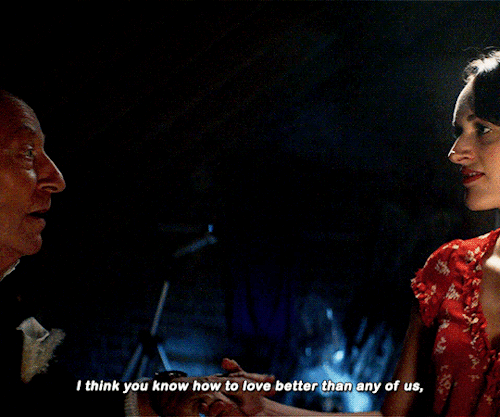
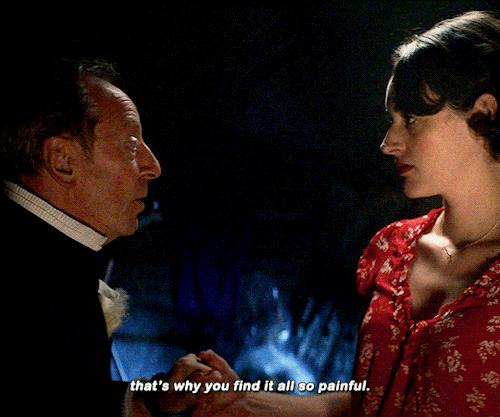


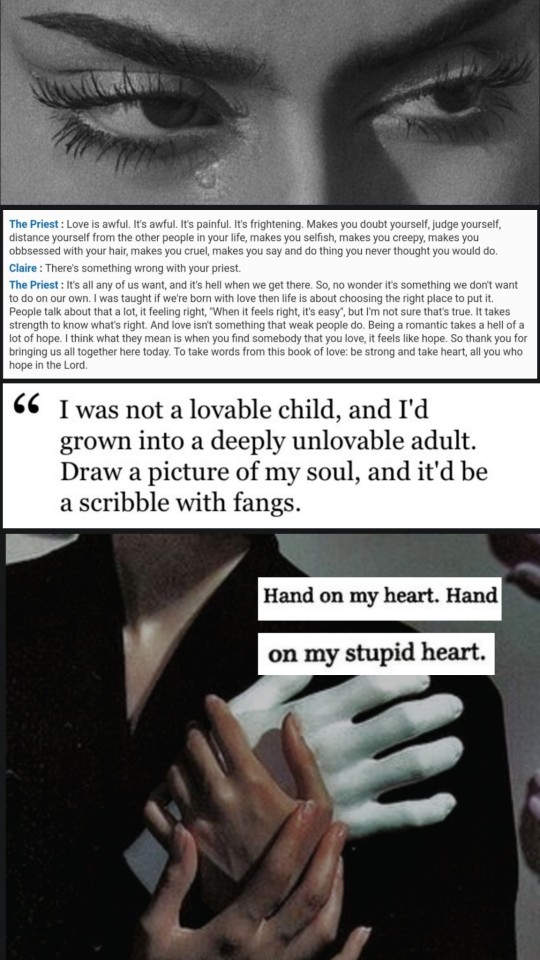
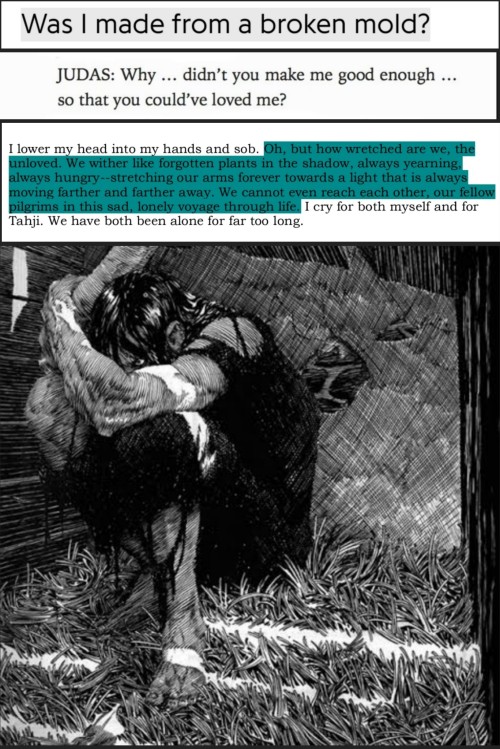
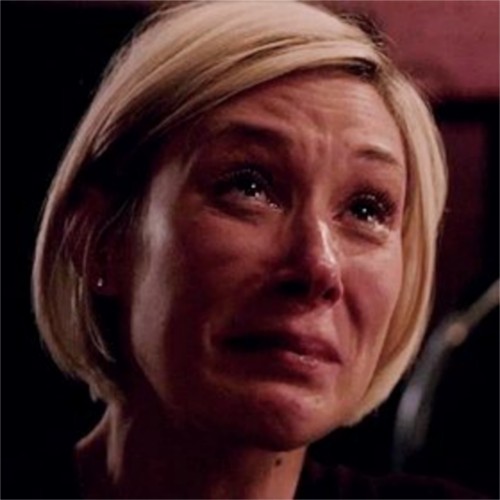
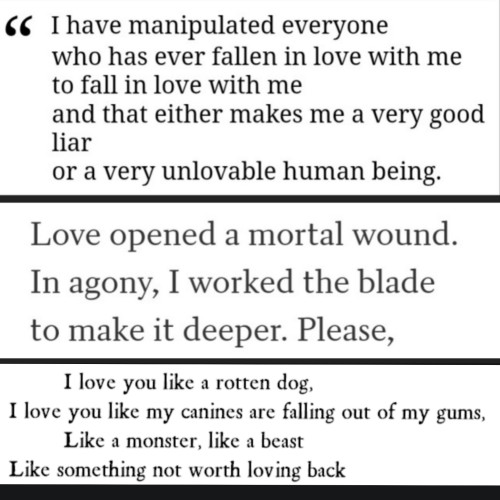
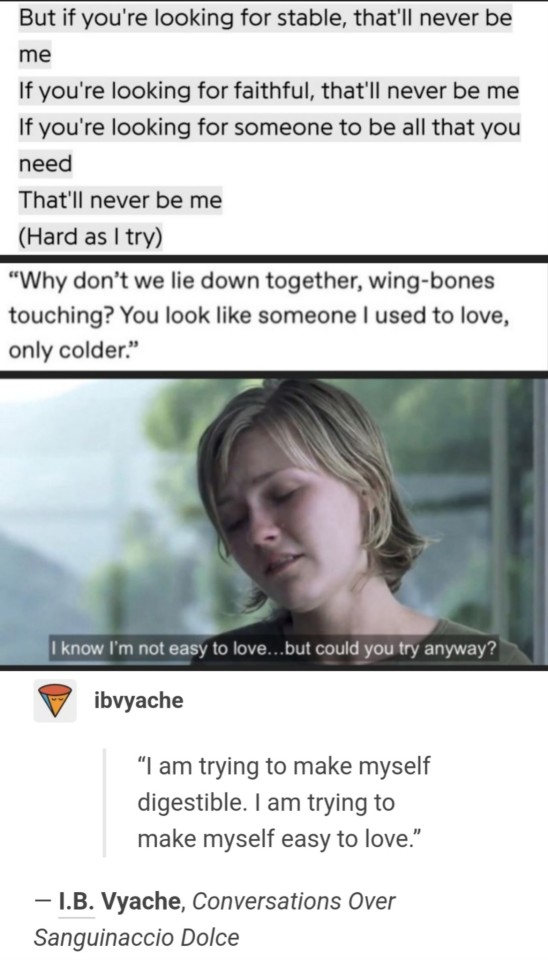
1. Susan Sontag—As Consciousness is Harnessed to Flesh: Journals and Notebooks, 1964-1980, 2. Phoebe Waller Bridge—Fleabag, 3. Richard Siken—Wishbone, 4. Anonymous, 5. Atonement dir. Joe Wright 6. Hot Priest Monologue—Phoebe Waller Bridge 7. Gillian Flynn—Dark Places 8. Meditation in an Emergency— Cameron Awkward-Rich , 9. Billie Eilish— idontwannabeyouanymore, 10. Stephen Adly Guirgis— The Last Days of Judas Iscariot, 11. Lioness Dewinter—Sìren Loa 12. Bernie Wrightson’s Illustration of Frankenstein’s Monster. 13. Bonnie Winterbottom—How To Get Away With Murder, 14. Sade Andria Zabala—Paper Napkin Stories, 15. Sor Juana Inés de la Cruz — Love Opened a Mortal Wound, 16. Unknown 17. Miley Cyrus — Never Be Me, 18 Kim Addonizio— Wild Nights; New Poems; Pareidolia, 19. Crazy/Beautiful dir. John Stockwell, 20. I.B. Vyache, Conversations Over Sanguinaccio Dolce.





finding hope in humanity and other people
fleabag's fourth wall breaks being a metaphor for dissociation, and her doing them every scene EXCEPT when she has sex with the priest where she physically shoves away the camera. it being the first time in the entire show where she's fully present in the moment... poetic cinema.









i love you too.



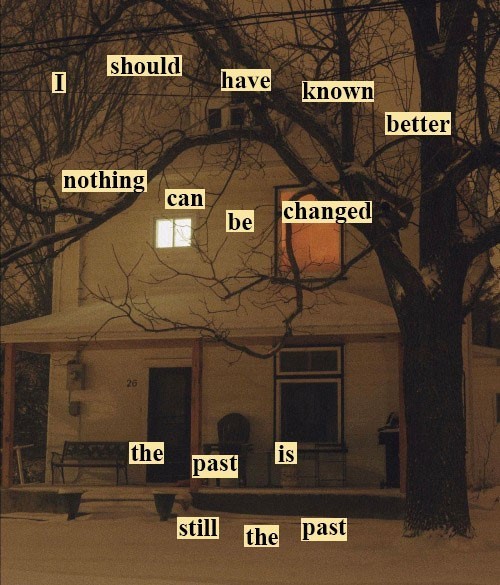


you are the grief i remember you as
fortesa latifi // fleabag // j. estanislao lopez // @promqueendyke // okechukwu nzelu // glennon doyle melton.